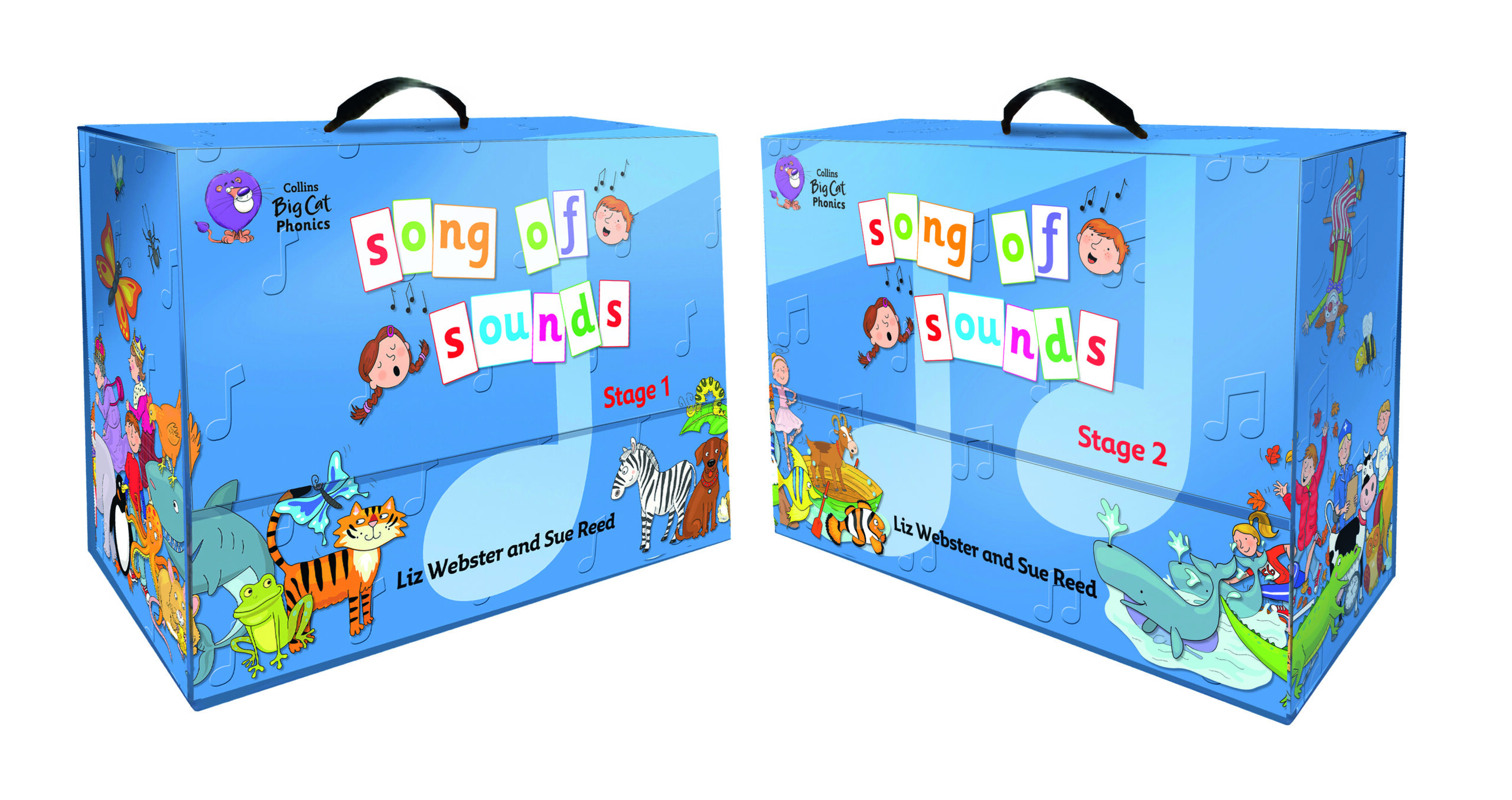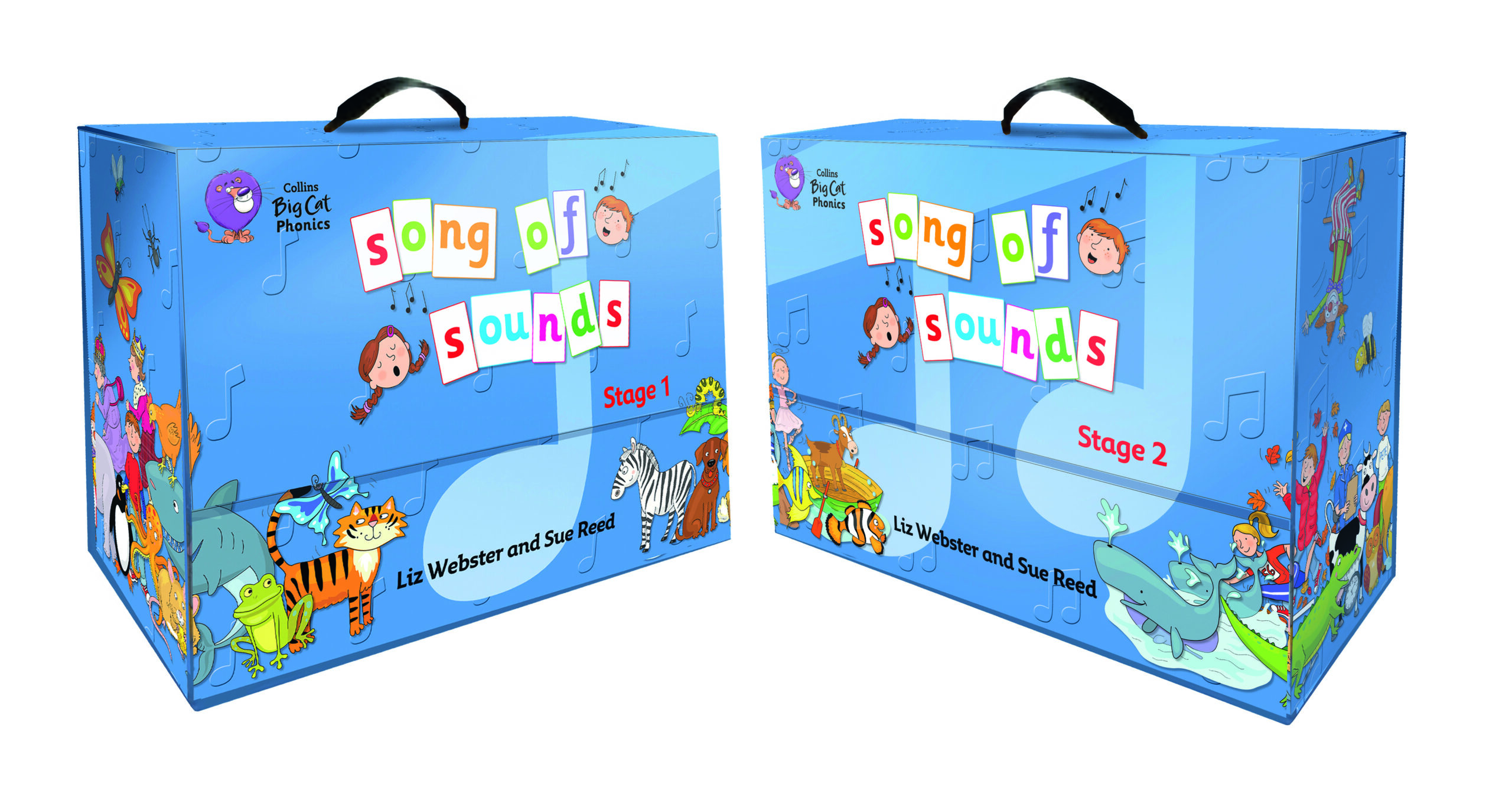With the introduction of the Year One Phonics Screening Check in 2012 and the arrival of a new curriculum in 2014 with a greater focus on systematic phonics, it has never been more important to ensure as a school that you have got your phonics teaching right.
For many schools the first year of the Phonic Screening Check was disappointing. Having thought they were in line with expectations, teachers were surprised by the levels expected by the test and have subsequently begun to analyse their phonics provison. Many schools have made significant changes, realising the importance of a whole school approach to teaching phonics and begun to focus on bringing about a planned, systematic approach to phonics teaching where ‘rigour’ is at the heart of the programme. Nationally results improved in 2013 but the government insists there is still room for improvement, and this is reflected in the huge weight that phonics teaching carries in the New Curriculum. However, many schools are unsure now how to move their phonics teaching on and improve children’s confidence in phonics further.
At our school, we feel we have got out phonics teaching just right. We teach phonics throughout the school using our programme ‘Song of Sounds’ which we have developed over the last 10 years in a bid to ensure that the children get the best possible start to their reading and writing journey. Our children leave Reception and Year 1 with a firm grip on phonics and build on this success throughout the school , blossoming into confident readers and writers. We feel that the key to the success of our programme is its perfect mix of rigour and creativity.We passionately believe that, although systematic, there is no reason why the teaching of phonics has to be dull or predictable. Through ‘Song of Sounds’ we have worked hard to create a phonics scheme that is fundamentally rigorous but also creative, lively and fun. As every teacher knows, children learn best when they are having fun!
The rigorous teaching of systematic synthetic phonics is at the heart of Song of Sounds. Our programme has as its core ingredient a song that children love to sing and learn the actions to. A short yet pacy daily phonics session ensures that children learnt the 42 basic phonemes and later the alternative graphemes at a rapid rate. They learn to blend sounds for reading and segment words from the very first week and progress is impressive. However, our programme acknowledges that children then need to practice and apply these newly – learnt skills in a fun-filled way to truly embed them and therefore incorporates an extended session to do just this once a week. The approach is multi-sensory and the lessons are packed full of exciting games and activities through which the children have endless opportunities to apply their new skills and secure their learning. There are optional opportunities for you to teach in role as we have created a cast of characters that make the learning of phonics all the more appealing. Assessment opportunities are planned in at regular intervals throughout the programme so you can be bowled over by yours and the children’s success!
Our approach to the Phonics Screening Check is a great example of how our programme marries rigour and creativity. Stage Two of the programme is aimed at Year One Pupils and includes detailed plans for the week of the Year One Phonics Screening check. As the Screening Check tests the children’s ability to read real and nonsense words, the weekly phonics session for the Screening Check week is based around the teacher teaching in role as an alien coming to visit who speaks a very strange language! She delivers the lesson and then works with each child to do the test, still dressed as an alien! This instantly puts the nonsense words into a fun context and makes it relevant and meaningful for the children. A detailed plan for this lesson is included in the Stage 2 handbook. Perhaps our school’s results in the Year 1 statutory Phonics Screening Check are the best evidence of the programme’s success: Aldingbourne enjoyed an impressive 87% success rate in 2012 versus a national average of 58%. 7 children out of 30 scored full marks, with 24 out of 30 passing the test. In 2013 the results were similar with an 86% success rate versus a national average of 69%. 55% of children at Aldingbourne scored either 39 or 40 out of 40. By following Song of Sounds, you will not only be overwhelmed by the success rates in your class or school, but will see first-hand how phonics can truly be a fun and rewarding part of the curriculum for both child and teacher alike.
Sue Reed
Find out more about Song of Sounds at: www.collins.co.uk/songofsounds




